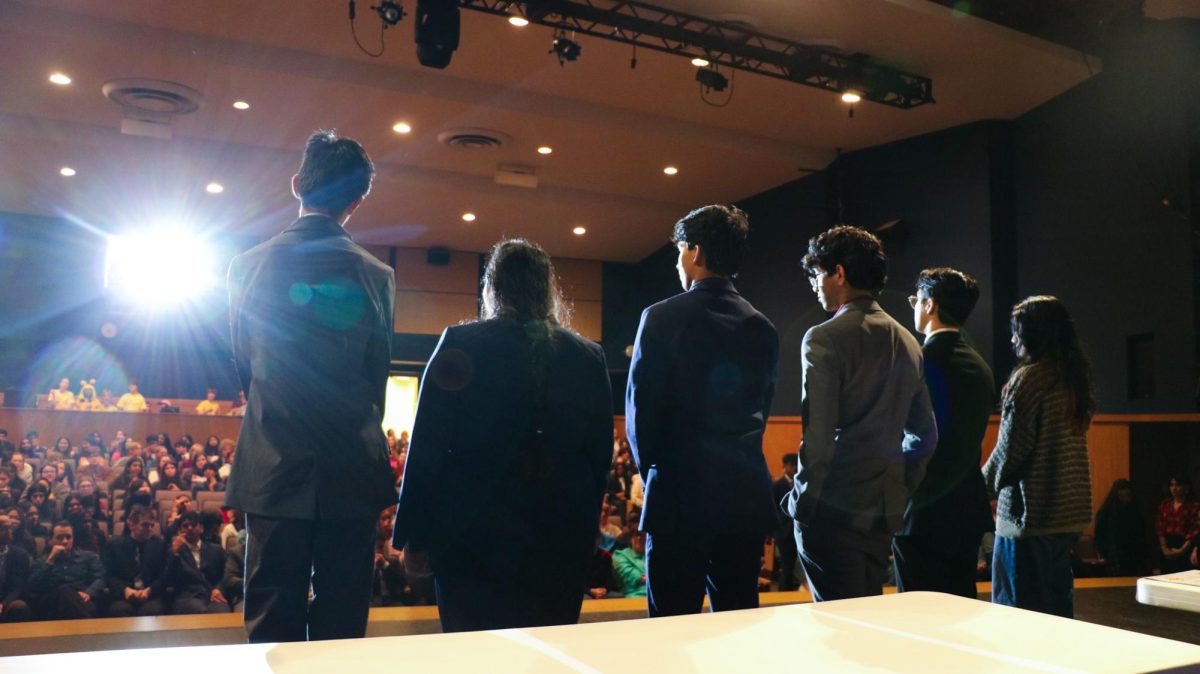Every fall, millions of football fans around the world reconcile their obsession with professional football with their lacking athleticism by playing fantasy football. While its name conveys immersion in a computer generated world, a la “World of Warcraft,†fantasy football is actually grounded in reality.
Players pick actual NFL players to form their teams and depending on how these players fare in actual games, a fantasy team earns points. Different fantasy teams in a league “play†each other, with the winner decided by point totals after a week of games.
Over the past decade, the game has exploded in popularity – in 2011, 27 million Americans had a team, giving the industry a value of nearly $1 billion dollars.
One might wonder how the money enters the equation, given that the post popular leagues are run through a few large websites like ESPN.com, Yahoo Sports, and NFL.com, none of which charge entrance fees.
So where does the $1 billion come from?
The vast majority of players do spend money on their leagues, but usually deal with the financial aspect in person, free of any online middlemen. The average league consists of a dozen of so friends each paying $10 or $20 into a pool, which is won at the end of the year by the owner of the best team.
Anyone familiar with gambling in the U.S. knows that betting on professional sporting events, like NFL games, is strictly regulated. Additionally, it is illegal for anyone under the age of 18 to gamble, period.
So why do so many fantasy football players organize public leagues that flout the rules, and how do they get away with it? For example, CHS DECA is sponsoring three fantasy football leagues with entrance fees ranging from $10-$20. Surely this is illegal?
Not quite. It turns out that all online gambling is prohibited in the U.S., but according to the 2006 Unlawful Internet Gambling Enforcement Act, fantasy sports are legal because they have “an outcome that reflects the relative knowledge of the participants†as opposed to luck.
This specific exemption from the law allows fantasy sports to flourish.





